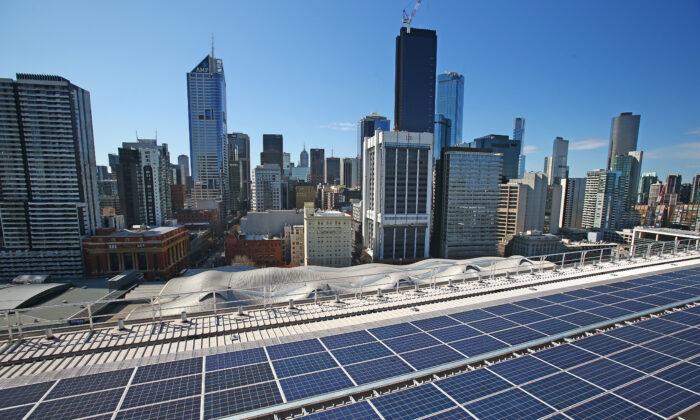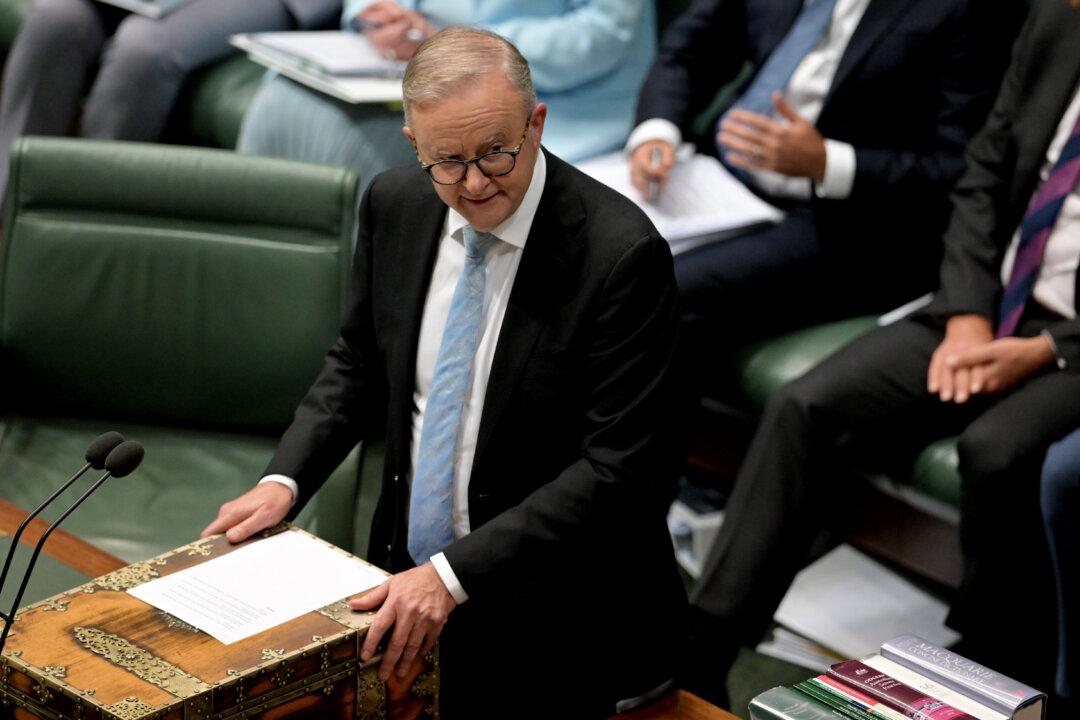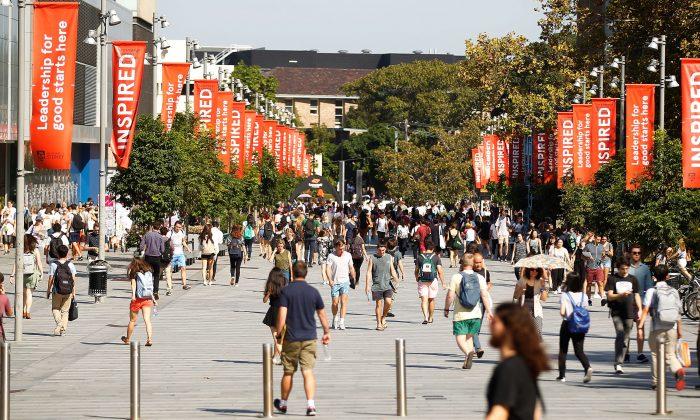The Australian government has introduced a $314 million (US$208 million) package to encourage small and medium-sized enterprises to electrify their businesses.
Up to 3.8 million Australian enterprises could be eligible for the new support.
Treasurer Jim Chalmers said small business would be one of the priorities of the upcoming budget.
Details of the Scheme
The new support package will come as tax deductions for small and medium-sized businesses.Specifically, businesses with an annual turnover of less than $50 million will get an additional 20 percent deduction on expenditures that support electrification and improve the energy efficiency of their operations.
Examples of such investments include electrifying heating and cooling systems, upgrading to more efficient fridges and induction cooktops, and installing batteries and heat pumps.
Businesses can claim up to $100,000 of total spending, and the maximum bonus tax deduction available under the scheme is $20,000 for each company.
The extra tax deduction will apply to eligible assets or upgrades that will be first used or installed and ready for use in the 2023-2024 financial year.
The government said the incentive would deliver ongoing power bill savings for businesses and help them lower carbon emissions.
“The Small Business Energy Incentive unlocks that investment to help businesses save on their bills over the medium and long term,” Energy Minister Chris Bowen said.
Australian Industry Group (Ai Group), a peak industry body, welcomed the government’s new incentive, saying it was highly attractive for local businesses.

However, the CEO warned that a lack of suitably qualified tradespeople could hamper the program and suggested the government work closely with industries to deal with this issue.
Luke Menzel, the CEO of the Energy Efficiency Council, said the new policy came at the right time and would relieve businesses from high energy prices.
In addition, Menzel estimated that the incentive could result in $1.5 billion in investment to improve Australia’s energy performance.
Federal Budget Sees Significant Improvements
The new incentive comes as the federal government touted significant improvements to the May 9 budget’s bottom line and promised cost-of-living relief for Australian households.On April 30, Finance Minister Katy Gallagher said the government had found billions of dollars in savings.
However, she noted that the final figure would be less than the $22 billion recorded in last October’s budget.
“We’ve been saying for some time that we will get a significant improvement to the bottom line in the near term.”
Furthermore, the minister said the budget would contain “ongoing” investments and one-off measures to help people cope with living cost pressures.
“This budget will have a significant cost-of-living package, and that cost-of-living package will be targeted to the most vulnerable Australians,” she said.
Gallagher also rejected the Greens party’s calls for a two-year rent freeze, saying the best way to tackle the housing crisis would be the Labor government’s $10 billion affordable housing fund.
“If the Greens think you can wave a magic wand or snap your finger and solve some of these deeply entrenched issues ... they’re wrong. It’s simply not the case,” she said.






Friends Read Free